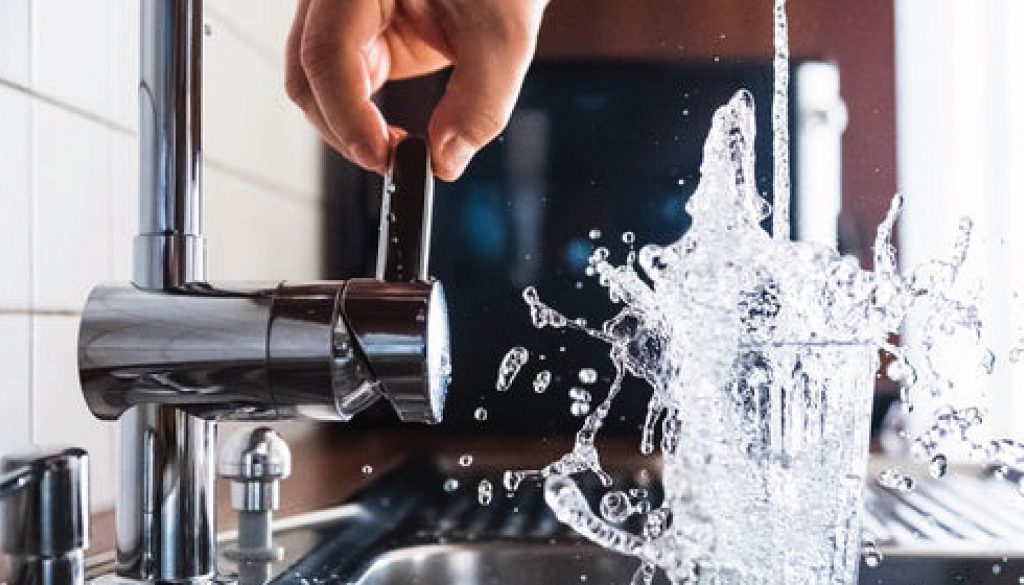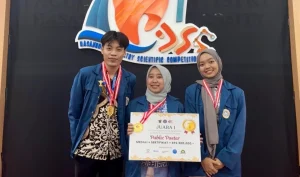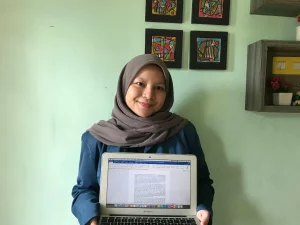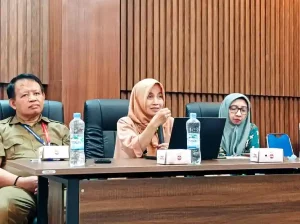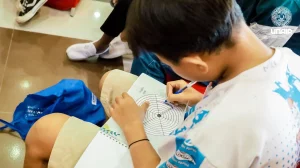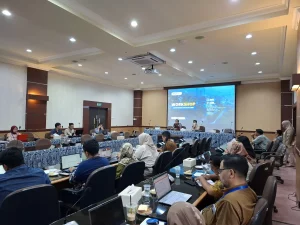Water is a source of human life, both for consumption and other needs. Therefore, the quality of water, especially drinking water, is essential to consider because it can affect human health.
Indonesia has tap water that can be drunk directly. It is very common in developed countries such as Singapore, Britain, Canada and the United States. However, it is not common in Indonesia.
PDAM Tirta Dharma in Malang may be the only water company in Indonesia that distributes ready to drink tap water on a city scale. This PDAM distributes drinking water to 159,765 houses. It is equivalent to 85 percent of the city area.
This ready-to-drink distribution of tap water is possible because this PDAM has a supply of high-quality raw water from springs and groundwater. However, there are still many customers of PDAM Malang City who do not know that the tap water can be drunk. Many also doubt the quality of this tap water.
Then, has the ready-to-drink tap water met the drinking water standards set by the Ministry of Health of the Republic of Indonesia?
The requirement for ready-to-drink tap water is to have remaining chlorine content of at least 0.2 mg / L. then, do not have coliform bacteria and must have at least 1 bar of residual pressure on each house connection. It is crucial because groundwater and springs are very vulnerable to being contaminated by waste from septic tanks.
PDAM Tirta Dharma claimed that 85 percent of the drinkable tap water samples had met the Indonesian Drinking Water Standards. To prove this claim, tap water samples distributed by PDAM Tirta Dharma were taken for quality. Following drinking water standards, this sample was assessed based on chlorine residue, total coliform, and residual pressure.
The results show a decrease in the quality of tap water because of a pipeline leak in the PDAM pipeline and private property. Out of 85 sample points, 58 samples or 65 percent of them have met the Indonesian Drinking Water Standard.
Before being distributed as ready to drink tap water, raw water from springs and groundwater is first chlorinated to kill germs. The residue must be at least 0.2 mg / L. Based on chlorine residue parameters; most samples do not meet the standard because they have residues below 0.2 mg / L. In fact, many samples taken from the West and North of Malang City do not have chlorine residues.
The distance passed by the water causes it. The farther the distance, the less residual chlorine exists.
Although residual chlorine in water does not meet the standards, this ready-to-drink tap water does not contain any coliform bacteria at all. Coliform bacteria, which are the cause of diarrhea, are used as indicators of water pollution because these bacteria can also detect other pathogens in the water.
It is reasonable because the quality of Malang’s raw water supply is very good. However, there are two samples from two locations containing coliforms. The presence of this coliform may occur due to leakage, maintenance of distribution pipes, or water overflow.
Besides chlorine residue and total coliform, the water pressure also needs to be considered. Water must reach the customer’s houses with a minimum pressure of 1 bar for 24 hours. Meanwhile, the minimum pressure is set to 0.5 bar.
Based on the sample studied, low water pressure with the remaining pressure below 0.5 bar is found in 8 locations in the northern part of Malang City. Meanwhile, most of the samples showed sufficient residual pressure.
Therefore, based on the results, it can be concluded that 68 percent of the sample points have met the Indonesian Drinking Water Standard. Some sample points in the northern and western regions of Malang City did not match the standard chlorine residue, two sample points contained coliform bacteria, and eight sample points in the northern region of Malang City had substandard remaining pressures. This result is different from the results of PDAM Tirta Dharma’s research, which showed that 85 percent of the water sampling results met the standards.
Author: Dr. Nurina Fitriani, ST.
The full results of this study at http://penerbit.uthm.edu.my/ojs/index.php/ijie/article/view/4270/2175
References
Rofida, R., Fitriani, N., Indarko, D. G., Yuniarto, A., Marsono, B. D., & Soedjono, E. S. (2019). Water Quality Mapping of Piped Water Supply in Malang. International Journal of Integrated Engineering, 11(2), 243-248.


